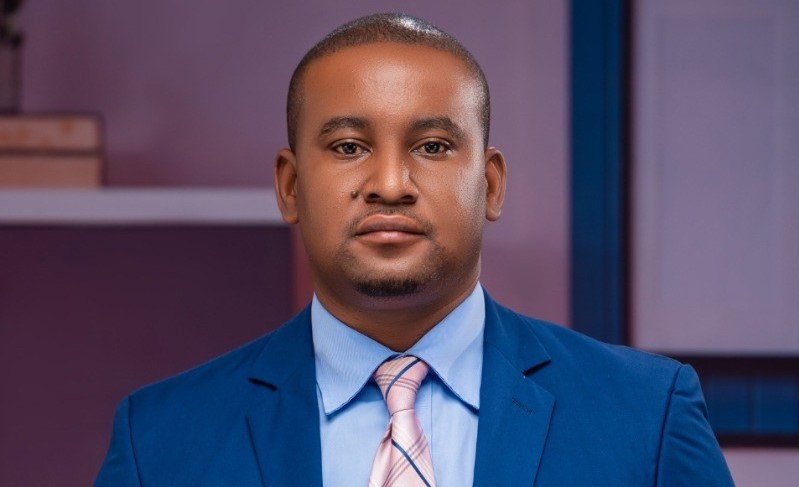Power shortage hampers sugar production
 Proprietor of newly-built Mtalimanja Sugar Factory in Nkhotakota, Napoleon Dzombe, says delays in electrifying Mpamantha, the area where the factory was built, is hampering proper commencement of the factory.
Proprietor of newly-built Mtalimanja Sugar Factory in Nkhotakota, Napoleon Dzombe, says delays in electrifying Mpamantha, the area where the factory was built, is hampering proper commencement of the factory.
In an interview on Wednesday, Dzombe said operating the sugar plant using a generator is proving to be too expensive. He said he would appreciate if the country’s sole electricity supplier, Electricity Supply Corporation of Malawi’s (Escom), could electrify the area.
“We have had to use generators for the sugar production. We spend close to K100 000 [about $333] per day on diesel for a generator. Production takes three days to be completed and have a finished sugar product.
“If we spend K100 000 to operate a generator per day, then for three days we spend K300 000 [about $10 000]. If you look at that expense, plus other expenses involved in running the business, we spend too much. So, we halted again and we will be waiting for Escom power connection,†said Dzombe.
Speaking in an interview on Wednesday, Minister of Energy and Natural Resources Dr Cassim Chilumpha said his ministry has already identified the area for electrification which will be done before the end of this year.
“Work is already underway to procure material to electrify the area so that before the end of the year, the place can be electrified. It is just that electrification materials are expensive and they have to be imported; so, it takes a bit longer.
“We are aware of the good job Dzombe is doing in the area. It is because of this project that the area has been earmarked for electrification. As government, we will support him fully because he is creating jobs for a lot of people around the area and by producing sugar, he will contribute to the country’s economy,†said Chilumpha.
So far, the factory has been able to produce 10 tonnes of sugar which Dzombe claims is of high quality.
Mtalimanja Sugar Factory was supposed to be up and running by May this year, but it delayed due to a number of challenges, including the foreign exchange crisis that hit the country.
So far, Dzombe has spent over K500 million (about $1.7 million) on the project.





